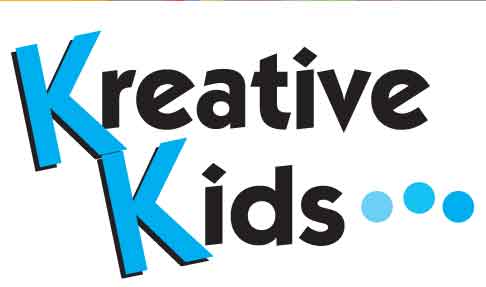Get the Best Winter Activities
Think: unsaturated fats such as nuts and seeds, avocado, fish, poultry and lean cuts of meat, and vegetable oils
Guidelines: Children between the ages of 4 and 18 should keep their total fat intake to between 25-35 percent.
Protein is not a preferred source of fuel for physical activity.
Protein, of course, helps kids grow and build muscle, but children typically need less than you might think.
Think: lean or low-fat meat, poultry, or fish as well as plant-based proteins such as soy products, beans, peas, nuts, nut butters, and seeds
Guidelines: Younger children only require 5-20 percent of their total daily calories to come from protein, while older children need 10-30 percent.
Water is the most vital nutrient.
And it’s the best choice for staying hydrated. Physically active children need to stay well hydrated to prevent overheating and to aid in removing the wastes produced by active muscles. Being even slightly dehydrated can dramatically affect performance.
Guidelines: Children need to drink at least six 8-ounce cups of water per day, with an additional 8 ounces for every half hour of strenuous activity.
H20 Alternatives: Dilute 100-percent fruit juice or sports drinks—these help to supply carbohydrates that can be used to replenish energy. Low-fat milk, including chocolate milk, may be one of the most effective beverages for muscle recovery after intense activity, new research suggests.
Robin Werner MS, RD, sees clients of all ages in Manhattan and Westchester. She lives in New Rochelle with her husband, Greg, and their three very active young children. For more information, visit wernernutrition.com or “like” the Robin Werner Nutrition page on Facebook.
Also see:
More of Werner's nutrition tips for young athletes
How to Keep Young Athletes Injury Free






